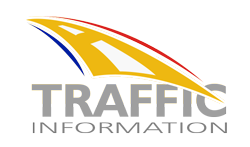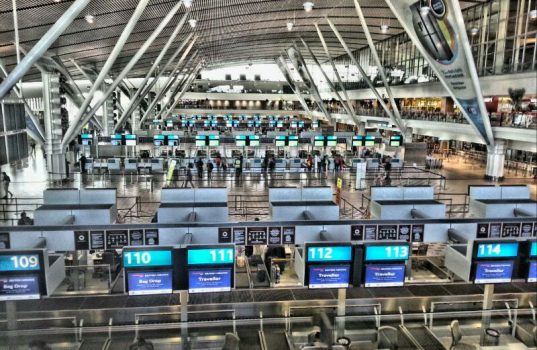Opening speech by ATNS CEO at the 27th Occasion of the ATNS Operations Committee
Ladies and Gentlemen,
It is an undisputable fact that flying remains the safest form of travel by a far wider margin as compared to other modes of transport. Air Traffic and Navigation Services (ATNS) is working hard to improve its safety performance. During the 2015/2016 our safety performance was not as we would have like it to be, with a record low of 34 Risk Safety Index. We then embarked on various safety initiatives which resulted in a significant improvement of our RSI which was sitting at forty-seven (47) as at 31 March 2017.
South Africa is one of the few countries to have implemented Safety Management System (SMS) in the region; however, this is not enough. We will continue to increase our efforts to ensure that our safety performance remain at an acceptable level of Risk. We are working closely with the Civil Air Navigation Services Organisation (CANSO) to ensure that we have a responsive SMS. These are but some of the improvements that ATNS prides itself with.
Ladies and Gentlemen, we have experienced some challenges in the previous years. Chief among those was the implementation of CAPEX. Efforts have been made to improve this key area of our obligatory mandate. Due to circumstances beyond our control, we saw ATNS falling behind its CAPEX commitment target – for two successive years. This we deem as “a blessing in disguise” because it made us to fully commit ourselves in ensuring that we strive towards a set standard of excellence.
One our major achievements for the year 2016 was the landmark Carbon Offset and Reduction Scheme for International Aviation (CORSIA) agreed at the International Civil Aviation Organization’s (ICAO) 39th Assembly. Already seventy (70) states representing at least eighty (80%) of anticipated future growth have indicated their voluntary participation in the scheme. This will be a major enabler of the industry’s commitment to carbon-neutral growth from 2020 and to cut net emissions to half of what they were in 2005.
Ladies and Gentlemen, South Africa remains committed towards CORSIA and our climate change goals. Under the leadership of our shareholder, the Department of Transport (DoT), we will be reviewing the State action plan to incorporate CORSIS. It is through various ATM initiatives such as PBN, INSPIRE CCO’s/CDO’s and Gauteng Area PBN Programme that ATNS can contribute meaningfully towards improving our environmental emissions. The much anticipated Gauteng Area PBN Programme (GAPP) has taken off and is expected to be completed by 2019. We are working very closely with ACSA, SACAA and the industry to ensure that the project is a success. The team will be sharing with you the GAPP project plan to ensure an inclusive participation on this.
The resuscitation of the CNS/ATM Implementation Coordination Committee is seen as a major breakthrough that will assist the industry to engage on ATM matters on a more regular basis. We don’t have to wait for OPSCOM – which is an annual event – to deliberate on matters that affect safety and efficiency within the ATM environment.
In conclusion, I can safely say that OPSCOM remains a relevant platform to ensure a collaborative Decision Making process is undertaken. It is during OPSCOM that the industry holds ATNS accountable on certain initiatives that have been agree to. As ATNS, we welcome robust, constructive and informative discussions. This would assist us to continuously improve ATM service provision.
I hereby declare today’s meeting open.
Thank You
Related Posts
« Mahindra Launches Farm-To-Folk Initiative in Nigeria Disappointment for Toyota Gazoo Racing SA’s Botterill/Vacy-Lyle on Volkswagen Rally 2017 »



























